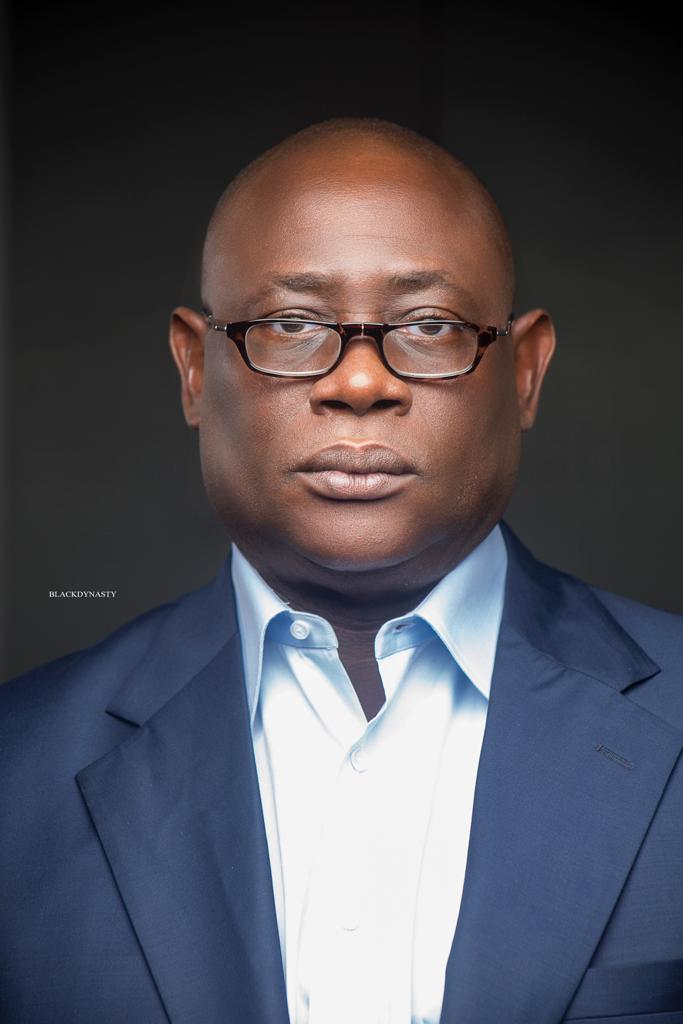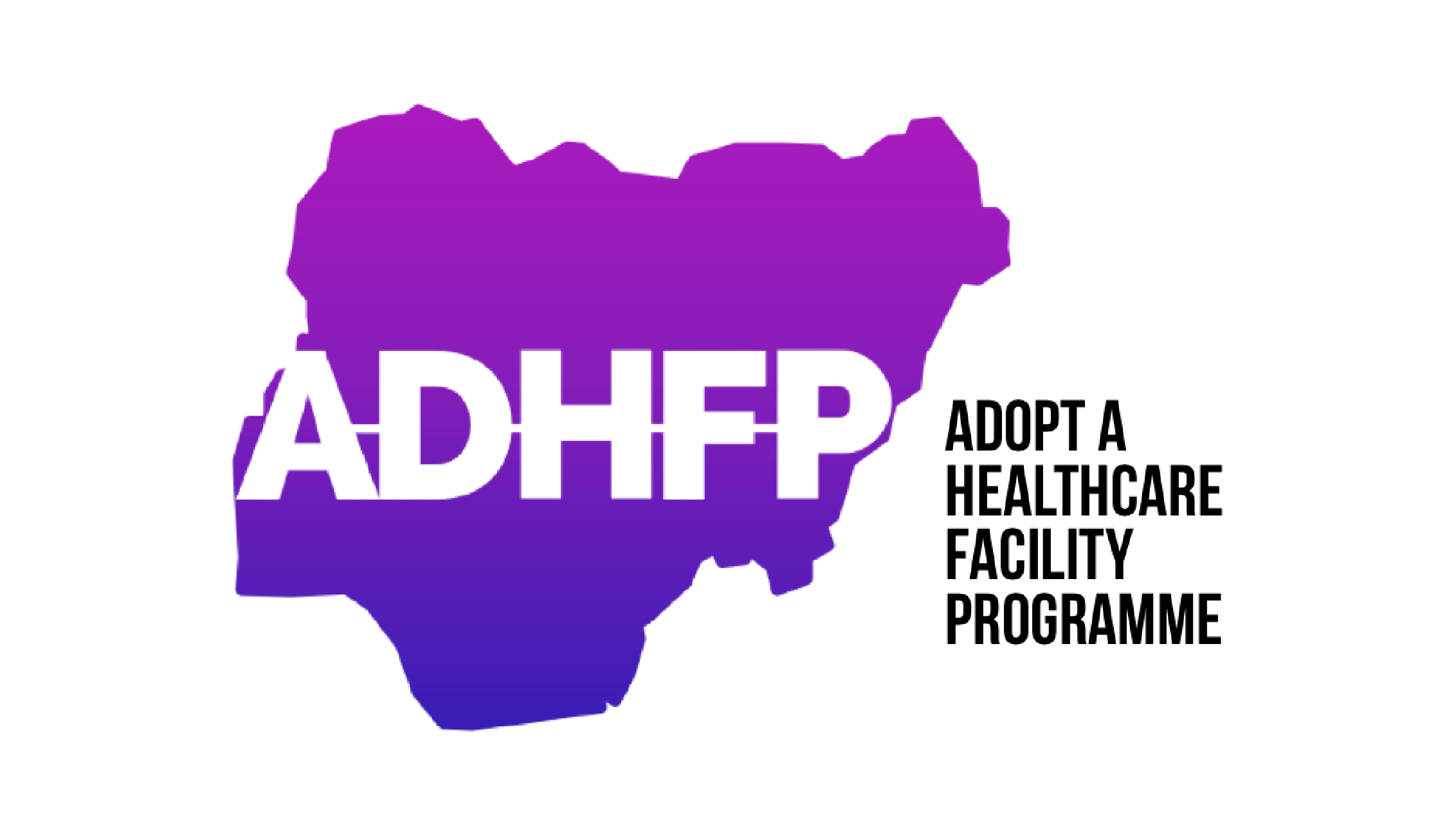
Save the date: 2024 PSHAN Annual Conference
The healthcare landscape in Nigeria presents a myriad of challenges, ranging from inadequate infrastructure to limited access to quality care and high healthcare costs. Despite ongoing efforts by the government and various stakeholders, achieving universal healthcare coverage remains a major concern. Healthcare affordability emerges as a significant challenge for many citizens, with out-of-pocket payments serving as the primary source of healthcare financing for a substantial portion of the population. Dr. Richardson Ajayi, Healthcare Entrepreneur and Serial Investor, recently had a podcast session with Private Sector Health Alliance of Nigeria (PSHAN) to discuss strategies for enhancing healthcare affordability, accessibility, and standards
You’ve been involved in the private sector as an entrepreneur at the policy level, as well as more recently in the public sector. So, you have both sides of the story. And you’veseen basically all facets in the Nigeria healthcare sector. What are the primary challenges facing healthcare delivery in Nigeria, particularly in terms of affordability, accessibility, and quality standards?
Universal healthcare is a utopia that all countries strive for, but it’s a challenge. Even the UK’s National Health Service (NHS) struggles with affordability, accessibility, and quality. Nigeria faces similar challenges, with limited budget and infrastructure.
Affordability is a major issue, with most healthcare expenses paid out-of-pocket, and limited insurance coverage. Healthcare is expensive, and most people can’t afford it. On the supply side, there are limitations in government and private sector spending, leading to a shortage of hospitals and healthcare professionals. The “japa” syndrome (brain drain) is also a challenge.
To address these issues, we need to rethink our approach to healthcare. We should focus on asset-light clinics for outpatient care and primary care. Regulatory frameworks need to be improved, with a focus on patient safety, effectiveness, and treatment responsiveness.
In summary, achieving universal healthcare in Nigeria is a long-term goal. We need to focus on affordability, accessibility, and quality, but it’s a challenge to achieve all three at once. We’re taking steps in the right direction, but there’s still much work to be done.
As Nigerians, we realise it will be difficult to focus on all three simultaneously. Which of the two do you think we can immediately start to focus on of the three listed? Easy access, or affordability, or quality?
For me, the priority is clear: we need to revamp our healthcare infrastructure with a focus on primary care. By redesigning our system to prioritize asset-light clinics, we can meet 90% of our healthcare needs without relying on hospitals. Once we have this foundation in place, we can assess the true cost of delivering effective care. Only then can we tackle affordability in a meaningful way.
We can’t just offer health insurance for 14,000 or 40,000 Naira per family without ensuring the system can support it. So, let’s prioritize access first, drive affordability second, and build a quality framework on top of that solid foundation.
I fully agree with your prioritized objectives and the suggested order of implementation. Interestingly, many countries outside Nigeria have successfully adopted a model where private sector providers deliver primary healthcare services, funded directly by the government. This public-private partnership approach has been suggested as a potential solution for Nigeria’s healthcare challenges. In your opinion, could this model work in Nigeria? Building on your earlier points about affordability and accessibility, once the necessary infrastructure is established, we can focus on enforcing quality standards and promoting quality assurance. What are your thoughts on this approach?
I believe outsourcing healthcare services to the private sector is a low-hanging fruit. In Lagos, for instance, there are over 3,000 registered hospitals and clinics. When we outsource service provision, the government can redirect funds currently spent on running these hospitals into an insurance system that pays for services. This approach, Private Public Integration (PPI), goes beyond traditional public-private partnerships (PPP).
As former chairman of the board of LASUTH, I saw firsthand the challenges of providing services due to funding constraints. I believe outsourcing management to the private sector could unlock the necessary resources. The government can then divert funds into an insurance fund, ensuring access to quality services for all. This concept may seem abstract, but it’s from ideas like these that realities are born. We must entertain these ideas and explore ways to make them work. The Nigerian government faces significant resource constraints, making it difficult to provide quality services. By harnessing the entrepreneurial power of the private sector, we can create a win-win situation for all, including those who cannot afford services, through innovative tariff structures. These are the discussions we need to start having.
How can we develop innovative financing mechanisms and health insurance schemes to improve healthcare affordability and reduce financial barriers? This is particularly relevant given the current administration’s focus on mandatory health insurance, third-party administrations, and foreign direct investments in healthcare. We’re seeing centers of excellence being built, but how can we integrate these elements to create sustainable and innovative financial mechanisms that leapfrog our current healthcare system? Currently, less than 10% of Nigerians have health insurance coverage, leaving over 90% without access. How can we bridge this gap and achieve universal coverage?
To truly address our healthcare challenges, we need to determine the actual cost of healthcare. Until we do, our efforts will only be temporary fixes. We must ask: what is the cost of running a hospital, paying healthcare professionals, and generating profits for sustainability? Only then can we determine the true cost of health insurance.
In Nigeria, we need innovative solutions. For instance, micro-insurance products such as aYo which bundle premiums with recharge cards, provide some funding for healthcare expenses. National health savings accounts, crowdfunding, and social financing mechanisms can also help. Additionally, outcome-based financing, where healthcare providers are paid based on quality outcomes, can drive quality care.
My favorite concept is Public-Private Integration (PPI). If the government allocates its limited budget to a fund, and the private sector provides healthcare services at a structured tariff system, we can achieve universal health coverage immediately. This approach would make healthcare affordable for all, and the government’s budget would go further.
Let’s think in broad concepts and imagine a reality where this is possible. If we do, we’ll solve our problems quickly. The private sector can provide health insurance, pay salaries, build hospitals, and buy equipment, while the government focuses on service provision. This would be a faster route to universal healthcare.
I particularly like your idea of outcome-based financing for health insurance, as it provides a measurable way to drive quality improvement. However, I do have a question: what if a healthcare provider does everything correctly, but the patient still dies? That’s an outcome, albeit an unfavorable one. How would we address such a situation?
What I’m advocating for is a quality assurance system. Currently, Nigeria has a quality control system, which is reactive – we only respond when something goes wrong. But I believe that with a robust quality framework in place, errors should be minimised. If a facility meets the prescribed standards and a patient still dies, it’s important to recognize that healthcare doesn’t guarantee a patient’s survival. What matters is that healthcare providers do what they’re supposed to do. If they fail to meet standards, they shouldn’t be compensated. The challenge lies in defining those standards effectively. We still have a way to go, but the key is to ensure we all do our part.
What strategies have proven effective in enhancing healthcare accessibility, particularly in underserved rural areas and marginalized communities? While microinsurance with recharge cards is one approach, what other interventions have worked in other countries or regions?
Let’s focus on the infrastructure side of healthcare, specifically innovative solutions for underserved areas. I’ve seen firsthand how mobile clinics in India have successfully provided access to healthcare in rural villages. For instance, one mobile clinic can serve seven villages, offering telemedicine and digital health solutions, ensuring everyone can access healthcare without needing a physical clinic in every village. This approach has improved health outcomes and reduced costs.
Additionally, training community health workers and task shifting can help address manpower constraints. For example, community health workers can be trained to provide basic care, freeing up nurses and doctors to focus on more complex cases. Public-Private Integration (PPI) can incentivize the private sector to invest in rural areas, ensuring financial sustainability. We must also consider supply chain improvements, such as ensuring a steady supply of medicines and equipment, and community engagement, like educating people on healthy practices.
While microinsurance and recharge cards are a good start, we need to explore other strategies that have proven effective globally, particularly in underserved rural areas and marginalized communities. For example, the Certificate of Need program in the US ensures that healthcare facilities are distributed equitably, and telemedicine has improved access to specialist care in remote areas.
I would like you to elaborate on how technology and innovation can enhance healthcare delivery, improve efficiency, and bridge gaps. With artificial intelligence, telemedicine, and digital health solutions, how can we effectively deploy these innovations to leapfrog ahead?
Thank you for the question. Technology has revolutionized many industries, but its impact on healthcare has been limited. I attended a program in Colombia last year that explored digital solutions in healthcare in the United States. We learned that big companies like Apple and Google have attempted to disrupt the healthcare system but failed. This raises important questions: what can we learn from their mistakes, and how can we avoid repeating them in Nigeria?
One major challenge is integration and interoperability with existing legacy systems. Hospitals have their own systems, and new telemedicine solutions must be able to integrate with them seamlessly. Additionally, there are significant regulatory hurdles to overcome, as healthcare is a highly regulated industry.Furthermore, technology is not a silver bullet for healthcare. It’s a tool that must be used to support existing systems. Patients want human interaction and trust, which technology must earn. We need to curate technology solutions that address these challenges.
Access is another significant hurdle, with limited internet penetration and power outages in Nigeria. We must find ways to overcome these obstacles. Data privacy and security concerns must also be addressed, as well as resistance to change from healthcare professionals. However, there are solutions to these challenges. For example, voice recognition technology can help doctors use electronic medical records more efficiently. We must also consider user experience and how to build trust with patients. Finally, we need to think about financing and how to make these solutions accessible without putting an additional burden on patients.
As we build healthcare solutions in Nigeria, we must learn from the mistakes of others, address the challenges of integration, regulation, access, data privacy, and resistance to change, and find innovative financing solutions to make healthcare accessible to all.
*Excerpts from Private Sector Health Alliance of Nigeria (PSHAN) Podcast “Leadership Series” hosted by Dr. Tinuola Akinbolagbe, MD/CEO, PSHAN, with Dr. Richardson Ajayi as guest. The podcast was monitored by Clifford Egbomeade, Head, Corporate Communications.
